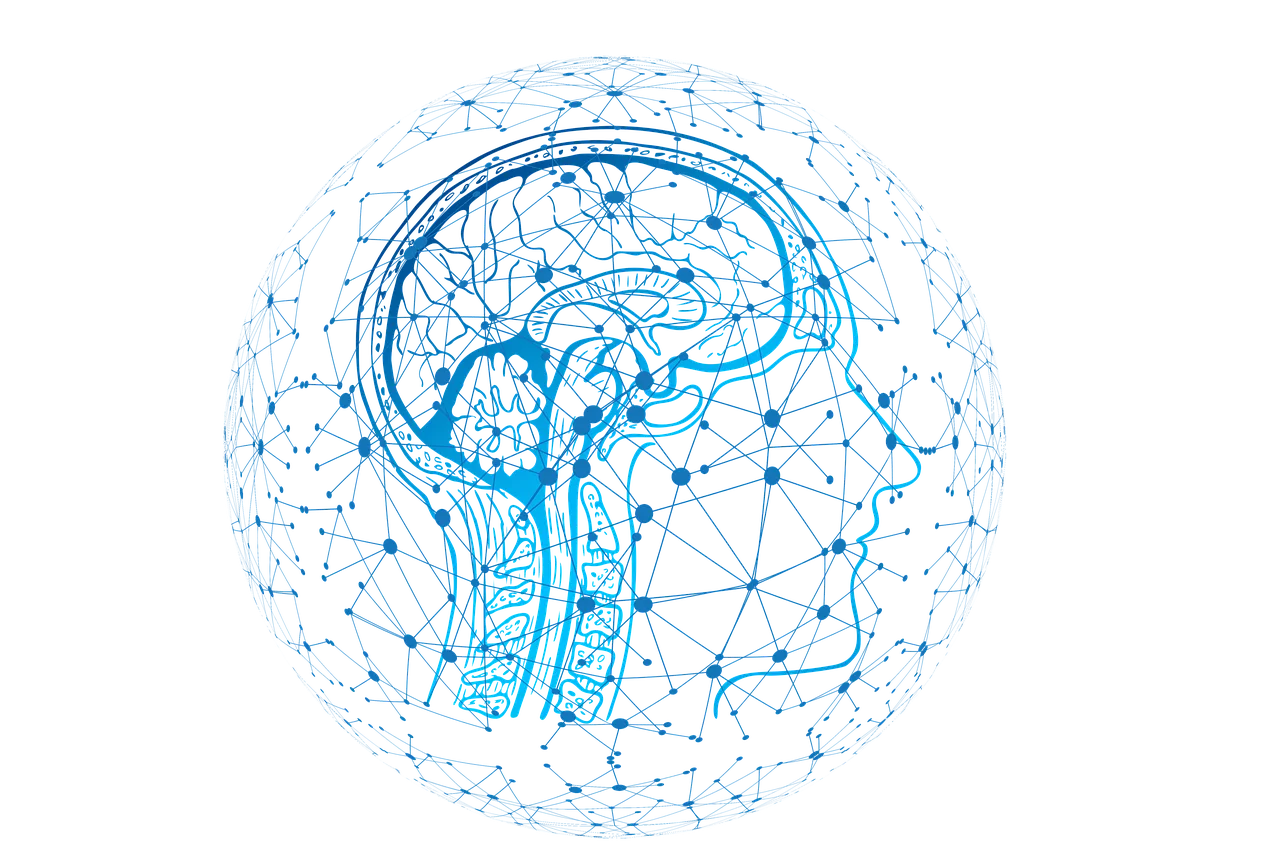U.S. Senate Passes Legislation to Combat DeepFake Videos

The U.S. Senate passed the Deepfake Report Act to direct the Department of Homeland Security (DHS) to conduct an annual study of deepfakes and other types of similar content.
Deepfakes are hyper-realistic, digital manipulations of real videos that depict events that did not actually occur, says the press release. The legislation requires DHS to assess the technology used to generate deepfakes, the uses of deepfakes by foreign and domestic entities and available countermeasures to deepfakes, to help policymakers and the public better understand the threats deepfakes pose to our national security and election security. The bill will now head to the U.S. House of Representatives.
“As AI rapidly becomes an intrinsic part of our economy and society, AI-based threats, such as deepfakes, have become an increasing threat to our democracy,” said Senator Robert Portman (R-OH). “Addressing the challenges posed by deepfakes will require policymakers to grapple with important questions related to civil liberties and privacy. This bill prepares our country to answer those questions and address concerns by ensuring we have a sound understanding of this issue. As concerns with deepfakes grow by the day, I applaud my Senate colleagues for passing this bipartisan legislation and hope the House will take it up soon.”
“Fake content can damage our national security and undermine our democracy,” said Senator Ryan Schatz (D-HI). “Our bill, which passed the Senate today, directs the federal government to learn more about the scope of deepfake technology. It’s an important first step in fighting disinformation.”
Looking for a reprint of this article?
From high-res PDFs to custom plaques, order your copy today!







